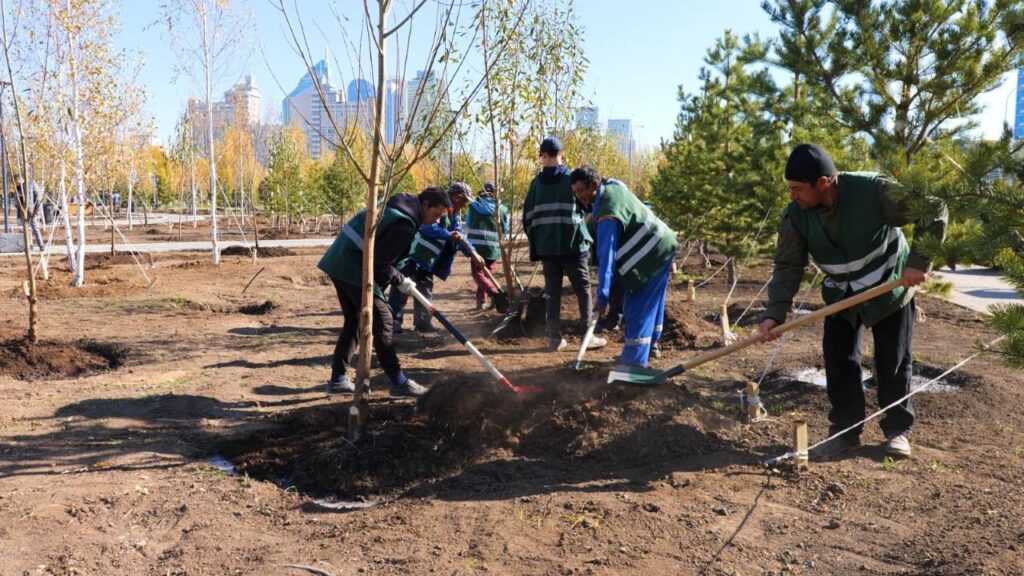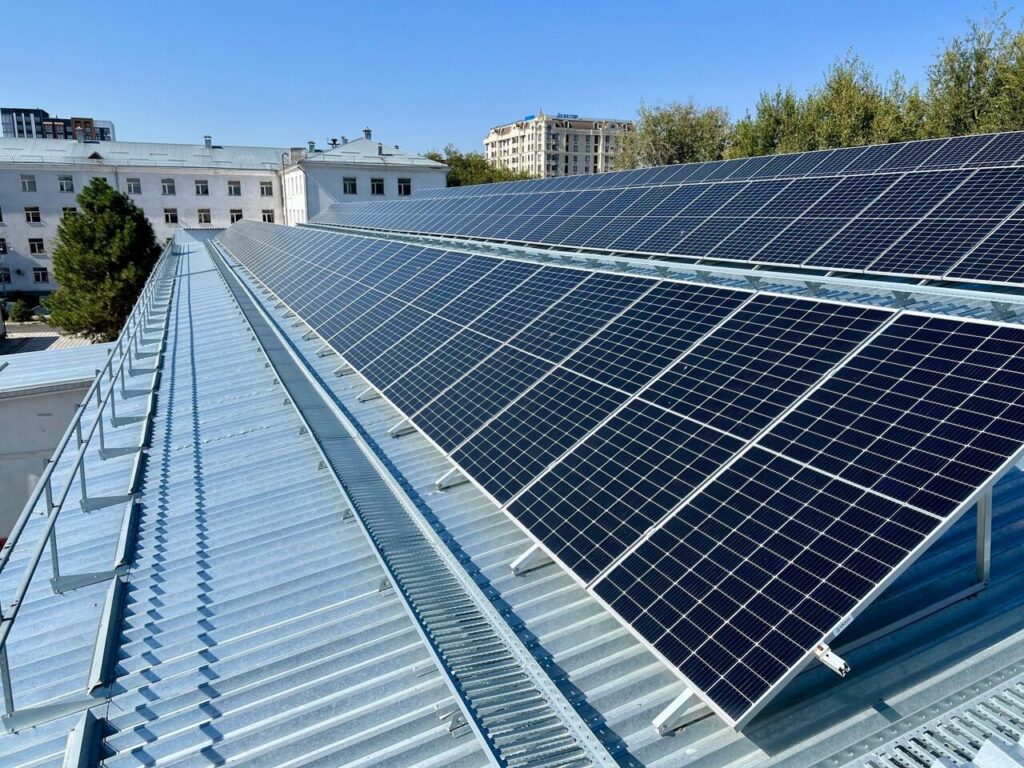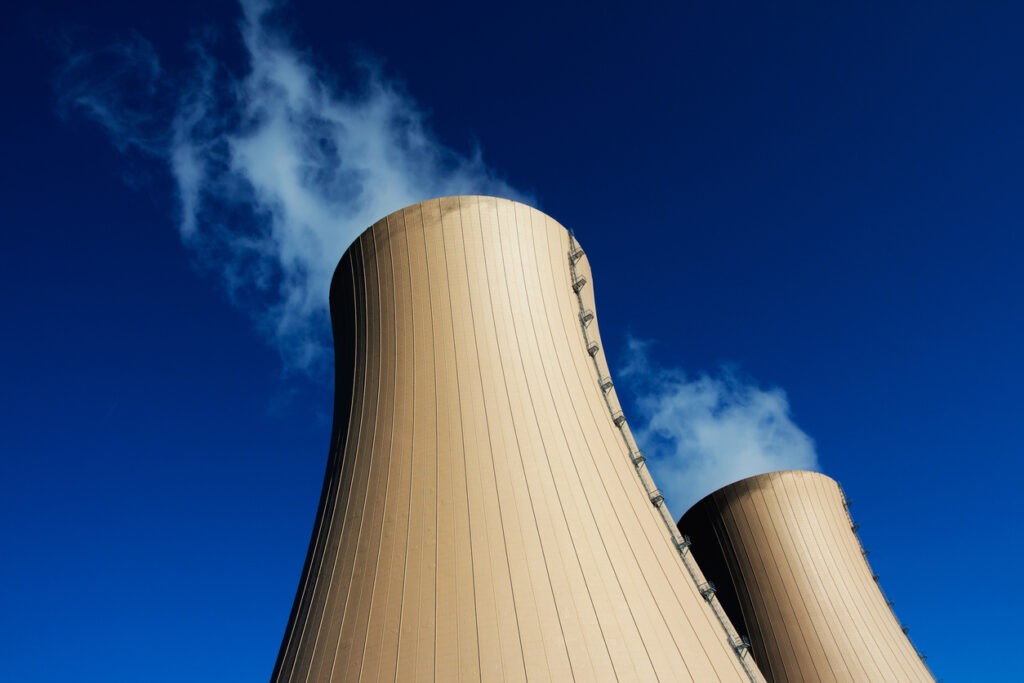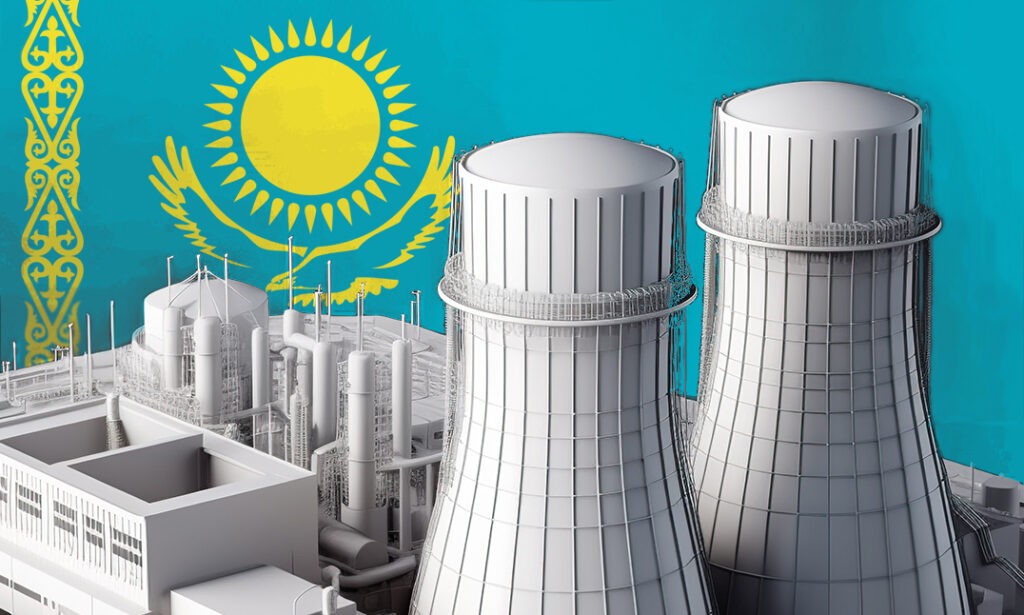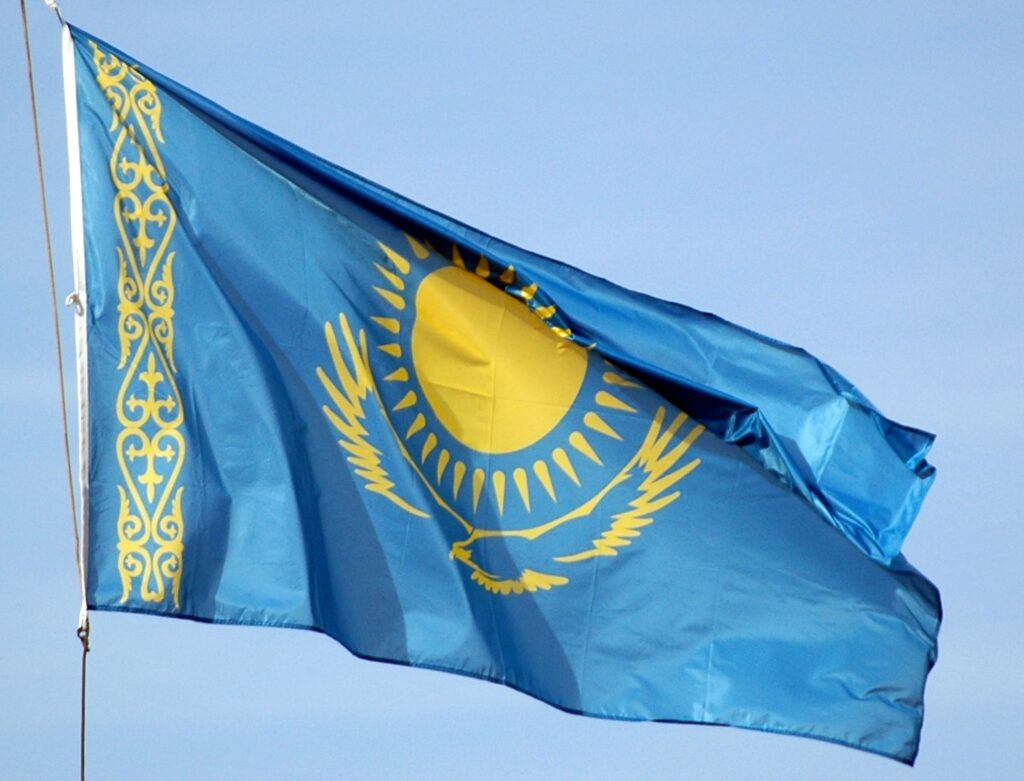Kazakhstan Set to Plant Two Billion Trees
The government's press service reported that about 970 million saplings have been planted across Kazakhstan since 2021, and the country plans to plant over a billion more by the end of 2027. Minister of Ecology and Natural Resources Yerlan Nysanbayev said this at the October 8 government meeting on measures to expand the area under forests in Kazakhstan. Over the past five years, the area under forests in Kazakhstan has increased by 267,000 hectares. At the meeting, Prime Minister Olzhas Bektenov said: "The head of state has set the task of planting two billion trees, which will increase the forest area in the country to 14.5 million hectares. The expansion of forests and parks and the preservation of biodiversity for future generations are some of the priorities for improving the environmental situation. This is a very complex and long-term work. We need to make every effort to increase the area under forests and preserve the existing forests." The meeting focused on measures to protect forests from fires and illegal logging. Large wildfires in the past years have shown the forestry services' unpreparedness to counteract them. In this regard, the government is working to equip them with firefighting machinery and equipment. This year, 52 billion tenge ($106 million) has been allocated to purchase 1,384 pieces of firefighting equipment. Today, the early detection system of forest fires covers more than 900,000 hectares of forests. Its effectiveness has been proved by the example of the Burabay (Borovoye) National Park, where the average area of forest fires has been reduced 50-fold. According to Nysanbayev, another important issue is planting forests on the dried bottom of the Aral Sea. Over the past 30 years, trees and shrubs have been planted on more than 600,000 hectares of the former Aral Sea bed, including 413,000 hectares over the past four years.
